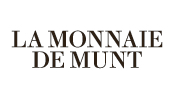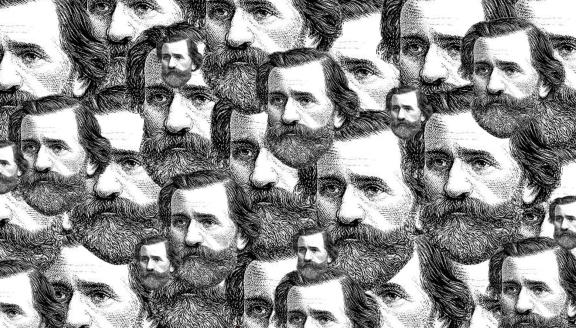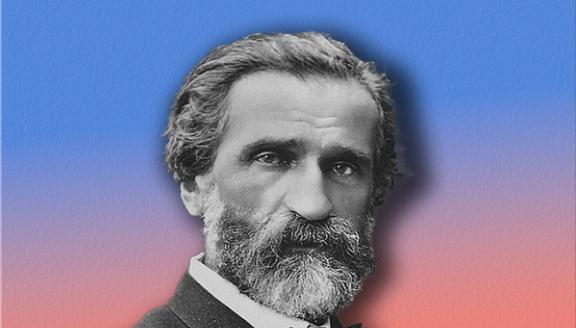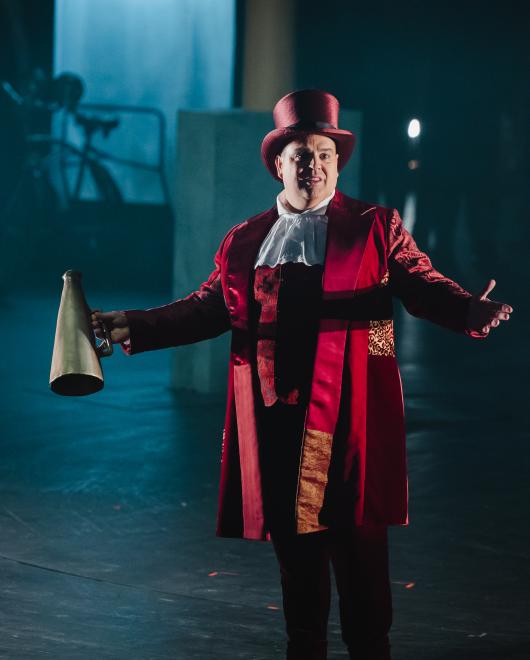PART 2. Late 2000s. A opening in a plush art gallery. Among the hand-picked guests, Carlo, Giuseppe and Lorenzo, three old friends, meet again after many years. Within the installation on display, a documentary showing footage of their revolutionary youth is being screened. Each of them seems to remember that time differently, but they do share one feeling: the shadow of Laura, who disappeared without a trace forty years earlier, still haunts them…
La Monnaie’s ambitious, two-part production brings together musical highlights from the sixteen first operas of Giuseppe Verdi to tell a new story. We meet three friends during two key years of their lives: the protest years after May 1968 and a reunion forty years later. Separated by time but linked by their shared past, these friends take stock of what remains of the unrest, violence and idealism of their youthful years, and try to uncover the truth behind an unsolved mystery. The project unfolds over the course of two separate opera performances, Rivoluzione and Nostalgia. With compelling arias, emblematic overtures and such memorable choral parts as ‘Va, pensiero’ from Nabucco, these performances will take us to the heart of Verdi’s musical genius.
CAST
Carlo | Scott Hendricks |
|---|---|
Giuseppe | Giovanni Battista Parodi |
Lorenzo | Dennis Rudge |
Donatella | Helena Dix |
Virginia | Gabriela Legun |
Icilio | Paride Cataldo |
Laura | Saténik Khourdoian |
Orchestra | La Monnaie Symphony Orchestra |
Chorus | La Monnaie Chorus La Monnaie Choral Academy |
| ... | |
Music | Giuseppe Verdi |
|---|---|
Conductor | Carlo Goldstein |
Script, direction, sets & video | Krystian Lada |
Costume | Adrian Stapf |
Light | Aleksandr Prowaliński |
Choreography | Michiel Vandevelde |
Set collaborator | Łukasz Misztal |
Video collaborator | Jérémy Adonis |
Chorus Master | Emmanuel Trenque |
| ... | |
VIDEOS
Story
Prologue - Opening of a new art exhibition
Donatella and two of her protégés are preparing a private view at her gallery. It is a double exhibition, consisting of the first screening of Virginia’s documentary and the unveiling of a sculpture designed by Icilio, who holds strong views about how our memory shapes the past. He believes art must be activist, particularly within a capitalist frame.
While working on her documentary, Virginia believes she has discovered who her biological father might be. She has invited her mother’s former friends, Carlo, Lorenzo and Giuseppe, to the private view. These friends have not seen each other for years, but Virginia hopes that by bringing them together, she will be able to wind up the search for her father. For his part, Icilio hopes to open the guests’ eyes to their neo-capitalist illusions.
Donatella toasts the arrival of the guests. The nostalgic atmosphere of the evening prompts Carlo, Giuseppe and Lorenzo to recount their versions of their shared past.
Act I - Carlo’s confession
Carlo, Giuseppe and Lorenzo have arrived at the gallery. Icilio, whose sculpture has just been unveiled, has increasing misgivings about his bourgeois clients, who embrace capitalism. He feels trapped. Lorenzo goes and sits at the piano and starts playing ‘Viva Italia’, a protest song, which Carlo and Giuseppe recognize immediately as the anthem they sang at the demonstrations by students and workers at the end of the 60s. Youthful memories surface.
Carlo thinks of Laura, an extremely radical activist with whom he was having an affair at the time. He is suddenly overcome by a terrible sense of guilt at not having been able to prevent the young woman’s radicalization because he had just made a pact with the Chief of Police (Laura’s father), banning him from any further contact with her. In exchange, Carlo received a large sum of money, which enabled him to build a brilliant career for himself in the business world. Now, however, he has regrets. Giuseppe, who joined the police force during that time, blames Carlo and reproaches him for the revolutionary ideas he held, which proved to be the ruination of his family. His sister Laura died in suspicious circumstances, for which he holds Carlo responsible: she is believed to have carried out an attack in the office of her father, who also lost his life there.
Act II - Giuseppe’s confession
To break the tension, Donatella strikes up a song about a girl searching for her mother. The theme immediately touches a nerve with Carlo, who notices Virginia’s close resemblance to Cristina (with whom he had a relationship in his youth) and begins to wonder if Virginia could be his daughter. The young woman also makes the connection and recognizes her father in Carlo.
Giuseppe swears revenge upon Carlo. The former policeman is disturbed by visions of his father, which conjure up painful memories of his relationship with him.
Act III - Carlo is lost in his memories
Gallery owner Donatella breaks into another song, this time on the morbid theme of a blood stain that will not wash off, and she performs a scene of madness, which could have been that of a character from Shakespeare. Carlo is distraught: his thoughts turn to Laura, who he never stopped loving. He is tormented by a vision of the terrorist suicide attack she committed forty years earlier. Sensing Carlo’s distress, Donatella asks him why he seems so preoccupied. Carlo is very agitated and thinks he sees Laura. Donatella tries to restore calm by offering a toast, but Carlo’s madness only increases. He cannot shake off the visions and remains consumed by guilt.
Epilogue - Laura’s presence
In the middle of the barricade, Laura’s spirit plays the violin, reviving the various ‘memories’ of the revolution in a last battle song. Carlo, Giuseppe and Lorenzo try to exit the gallery. All three feel responsible for Laura’s death. Carlo thinks that Laura committed suicide because he had rejected her. Giuseppe believes he killed her unintentionally by trying to prevent a terrorist attack on their father. And Lorenzo holds himself responsible for Laura’s radicalization and role in terrorism, which culminated in the attack on the Chief of Police.




